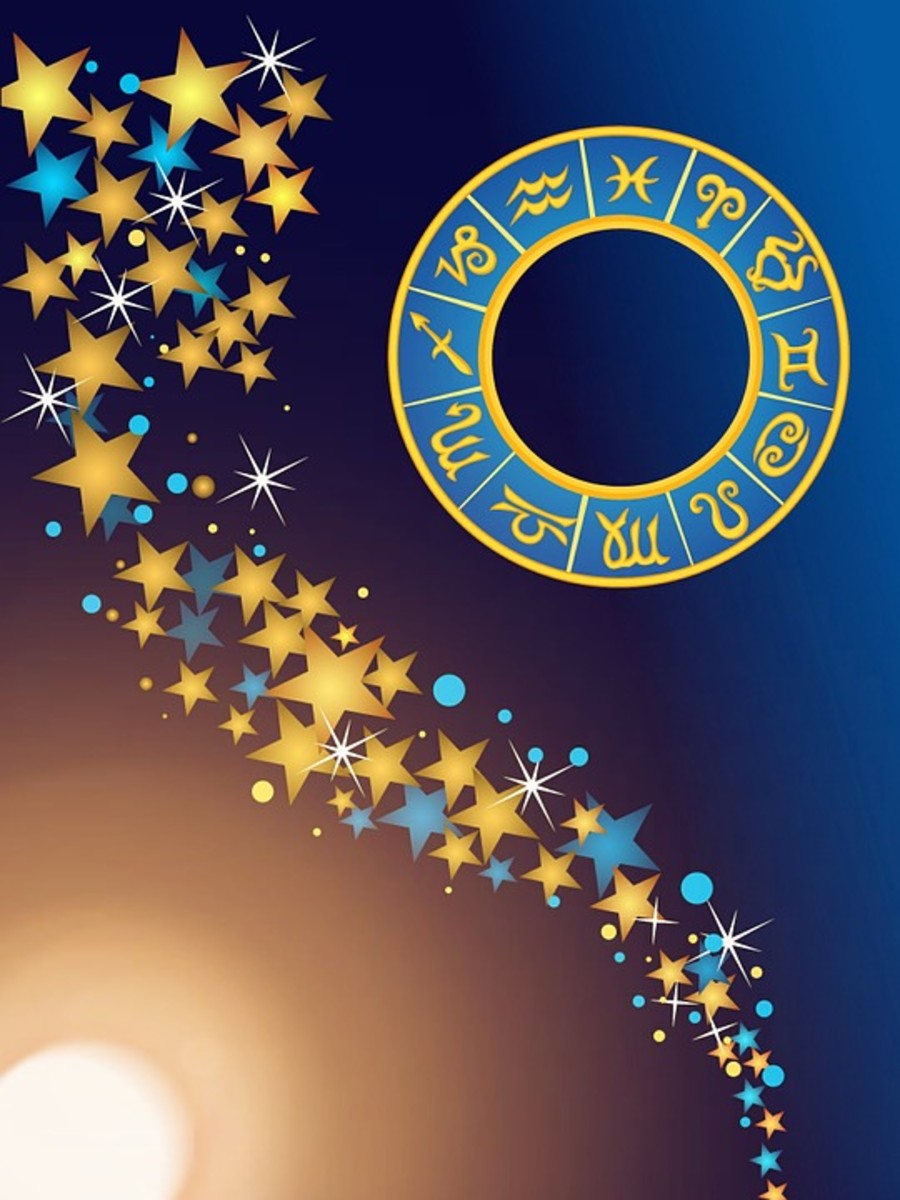What Is "Love?"

I have Asperger’s Syndrome…I found out as an adult. It is, simply put a high-level functioning form of autism. It’s characterized by—among other things—trouble grasping emotional sets in others, and an apparent underdevelopment (or lack of interest) in one’s own emotions. People like me are obsessed with single or abstract ideas, concepts, and thinking in general…we couldn’t care less about “irrelevant” things such as feelings or interacting personably with others (in fact, we know both the “rules” and taboos of social etiquette on an intellectual level. We’re just too cognitively fixated on thinking about and on things more relevant to us such as numbers, astronomy, geography, or in my case, history and philosophy). We’re not “cold” as such—we’re just obsessed with thinking rather than feeling. There is no “cure” as such; it is something one is born with. The only “remedy” is therapy and/or training in social interaction.
What does any of this have to do with the thing we call “love” in relationships? As you might imagine, the lack of focus I have on feelings, emotions, and all related notions of equal irrelevance has thus yielded a personal string of unsuccessful attempts at finding this thing we call “love.” Between this history, and my forced compulsion to think about things and ideas that others tend to shelve and leave to be debated between dueling philosophers, I have something of a greater interest (and maybe insight) on the subject. This combination of my living in a world of abstract thought, the lack of importance I place on feelings, and my personal lack of luck in trying to attain love has only served to increase my desire to understand the concept more intensely than most. These are my observations.
What is “love?” Love is an idea, a concept which is similar to the many religious and/or spiritual precepts that most of us delude ourselves into thinking in that we adhere to, but fail to live up to their meaning. In short “love” is a word, an idea which is highly cherished but rarely demonstrated, overused, misunderstood, and for most people, unknowable.
No matter where most of us are in the world, at almost any time—good or bad—we are likely to hear the word “love” used on a daily basis. In almost all cases, t is used to describe our attachments to both things and people. And it is a comforting thought to any individual with a heart (even a depraved one) to know that there exists an idea that someone could care about us despite our faults. But in many cases, our professed “love” for people is often just a ruse to cover our desire to obtain what we want; that is, we dangle the prospect of loving and accepting another unconditionally in order to fill what we perceive to be greater wants. The sad truth is (I believe) that most people often seek and/or accept the company of others—giving and receiving the “love” of others—for reasons other than what they themselves believe. We all have insecurities, whether they be emotional, financial, sexual, or emotional in nature. We face the full force of these insecurities when we are alone, and for the most part, what we experience is not pleasurable. So, we use the presence of others in our lives to mask the pain of facing our own insecurities. We “love” them or allow them to “love” us so that we don’t have to deal with ourselves and the things which make us feel inadequate as individuals. To take this point to its social extreme, people often manipulate us into thinking that they “love” us in order to fill whatever they are lacking in their lives…material gain, sexual security/satisfaction, and to alleviate the social pressure of having a mate/being “married” by a certain time. Our “love” then is in reality the good feelings we give or receive, the emotional affinity we attach to those who help mask our insecurities from ourselves, even if we aren’t aware of it. Strictly speaking, the person which we give our love to (or accept from) “completes” us, but not in a way that is altogether good. The results is that we fail to look into ourselves and see our own faults accurately, and learn who we are in relation to what we are seeking in others. In such cases, we walk around in confusion of what we really want in a potential relationship, and invite others seeking love into our own confusion, and eventually send them away packing with broken hearts and resentments because they failed to live up to our distortions and/or confusions (better known as the “It’s not you, it’s me” excuse). Needless to say, this dynamic works in both directions and it is the current norm in not only our society, but in countless others around the globe. In most cases, we give our “love.”
True love for the individual based on who he or she is (and not what tangibles he or she is able to give us) is a miracle, one on the same level as a spontaneous remission of a fatal disease, the biblical accounting of the parting of the Red Sea, or an inexplicable odds-defying intervention at the last minute to prevent a great catastrophe. We rarely see these things, which gives you the idea of how rarely we see true love in action. In fact, in my living memory, I can only recall two instances of true love on a public level which illustrates what the idea is. One is the relationship between the late Superman actor Christopher Reeve and his late wife Dana. After being thrown from a horse and left quadriplegic in 1995, his wife Dana not only stayed by his side, but helped and inspired him to use both his celebrity and condition to bring attention and funding for embryonic stem cell and spinal injury research. She didn’t complain about life and its penchant for spitting in our soup as it were. She didn’t gripe and moan about not being able to receive sex from her husband…the man she took for better or worse (and yes, I’d expect a man to make the same sacrifice if it were too demonstrative of what love is). The second instance of what love is, or rather was is the late Coretta Scott King, the widow of Martin Luther King Junior. After the civil rights icon was slain in 1968, Coretta Scott King never remarried. I can only assume she did so not out of the need to put her on life on hold, or because she thought the slain martyr would return from the dead but to honor the memory of a man who was—arguably or unarguably—one of the greatest Americans to have ever lived. For the most part, all we have today are high-profile case after of case of breakups, divorces, and instances of sexual infidelity by people who seem to have it all, as well as by lesser-known instances of people taking such occurrences as the “norm”—all of whom thought that they had found “love.”
What is love? As stated, we hear the word daily, but see it in action rarely. The overuse of both the word and the idea behind what is it supposed to be cheapens it worth in a world where at times, selfishness seems to overtake selflessness as the dominant exhibition of motive in relationships. The result is that the overuse of the word love drives away from our sense of awareness the possibility that we may ultimately as individuals glean a true sense of what love is…or should be. We “love” our cars, our jobs, our children, and (supposedly) the significant others in our lives, but we have become so anesthetized to our use of the word “love” that we have lost sense of our priorities. We threaten the lives of repo men who take away our cars for non-payment. We will return to our former places of work after losing our jobs and take the lives of those we once worked side-by-side with. We physically and emotionally abuse our children, mostly by finding the time to create them, but failing to take the time to actively and/or directly raise them. And we will often ignore the emotions and grind into the very ground the feelings of those who truly love us, simply because they either do not love us in the particular way in which we’d like to be “loved,” or because we ourselves claim to seek soul mates who we then burden with trying to meet our physical requirements (e.g., sex, appearance, material, monetary, etc.). And while I’m perfectly willing to concede that such actions are more in line with obsessions or some other such psycho-social pathology, they illustrate how corrupt our understanding of what “love” has become by overusing the word.
What is love? Is it accepting (or tolerating) someone simply because they bring momentary joy into our lives? I can’t tell you how many times I have seen “relationships” and love come down to the sexual. Men and women, incompatible in all the ways which matter most, often tolerate and create emotionally volatile environments for no other reason than knowing that they have sexually compliant partners who are able to make each other climax. Oftentimes, I have taken note of the fact that as we search through life for this thing we call love, men will use (the idea of) love in order to obtain sex…women on the other hand will use sex in order to obtain love. Both invariably allow themselves to become entangled in the unforgiving game of sexual or emotional conquest for the purpose of boosting their egos, material gain, or attempting to fill whatever psychological deficiencies they may have. But one could similarly substitute sex for any single tangible which makes another happy—momentarily—but does not translate into a long term prospect for real love. This reduces the idea of “love” to a commodity to be traded on a quid pro quo basis instead of simply loving a person for who they uniquely are. You can tell this even in the analogies we employ in order to justify giving up something in order to receive this thing we call “love.” Adults are quite often heard comparing the giving and receiving “love” in return for compliant behavior to base commerce, especially as we inform youngsters of this dynamic. And in the end, our misunderstanding of what “love” is becomes further entrenched in our social as well as individual beings.
When I was a practicing Buddhist, one of the most enlightened thoughts I’ve ever heard on the issue of love is that the problem with Westerners is we wait for someone to give us a reason to love them, when what we should do is simply love people for being people…just love people. Such simple advice, but so rare do we practice it.
There have been times when I’ve observed that individuals who all-but worship someone with whom they are truly in love with go out of their way to show that love, only to have that love unreciprocated. When seeing such displays of selfishness, I think how many times have I thought to myself, why should anyone have to beg someone to accept their love? What more can anyone ever hope for in a universe of ever-present uncertainty, where we are not guaranteed the next second of life, than to have someone love us for our uniqueness in the Grand Scheme?
When I think of how rare this thing we call “love” truly is, I thank my lucky stars that I am spared the emotional development of others whom I see as trying to grab a handful of smoke as they search it out.
- Donate
If you like what you'e read hear, please feel free to contribute to future publications








